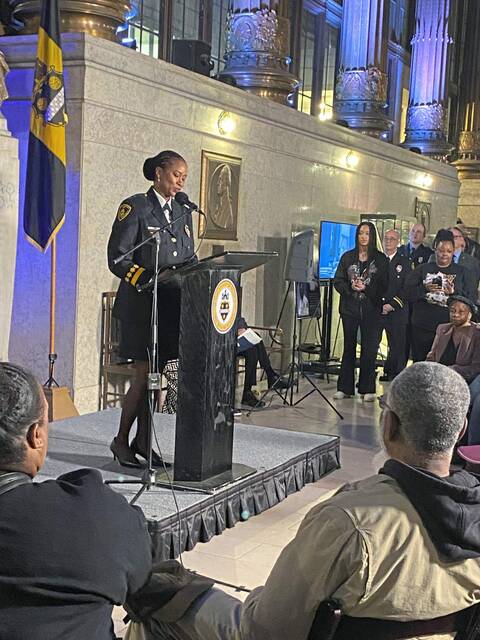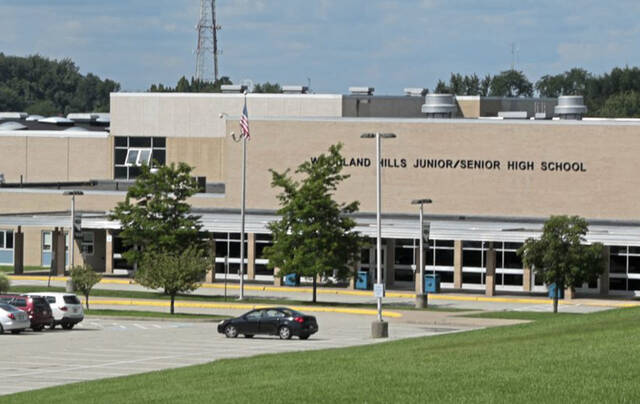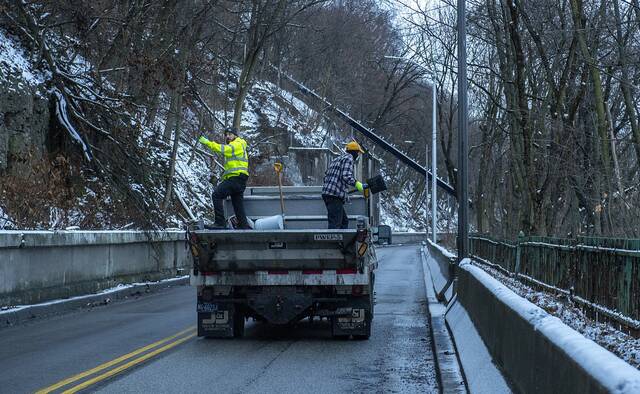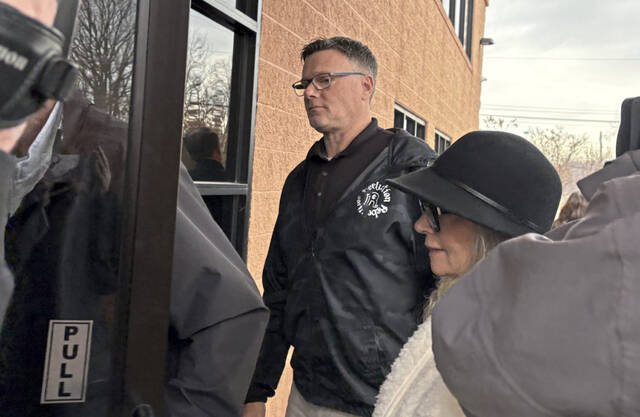When Amera Gilchrist wanted to pursue a career in emergency medical services more than two decades ago, paying for the necessary education was a challenge.
As a single mother “just trying to make ends meet,” the $40 fee for EMT school was a hurdle. Cash was so tight that her father had to help cover even that modest cost — and it’s only gotten more expensive, with tuition today around $800.
Now, though, as Pittsburgh’s EMS chief, Gilchrist is trying to knock down those barriers to make it easier for others to pursue careers in the field.
Under her guidance, the city is launching a no-cost training academy. Instead of shelling out for tuition, recruits will instead get paid to learn to become EMTs and have jobs lined up with the bureau when they complete the program.
“Removing that barrier and putting you through school and then seamlessly transitioning into a career with Pittsburgh EMS is going to be groundbreaking,” Gilchrist said Friday.
Dubbed Freedom House EMT Training, the academy is named in honor of the original Freedom House Ambulance Service, which was based in the city’s Hill District. It was the country’s first emergency medical service to be staffed by Black paramedics with training beyond first aid.
Gilchrist, the city’s first Black woman EMS chief, said she’s hoping to build on that legacy to bolster diversity and recruit people of all races, ethnicities, genders and backgrounds.
“My plight is really to diversify the bureau,” she said. “We should represent the citizens of Pittsburgh. Not having a diverse bureau is not a good representation of the city of Pittsburgh.”
In 2022, she said, 16% of the bureau’s personnel were Black and 20% were female, “and it’s worse now.”
The posting for the first EMS training class went online Thursday and will be available for three weeks. Gilchrist said she anticipates selecting their first participants by the first week of March and training will begin “almost immediately.”
It will cost the city about $107,000 to host each class, she said. The 2024 budget includes almost enough money for two classes, but Gilchrist said she hopes local foundations will fund additional classes.
EMT candidates will make $16 per hour and receive medical and dental benefits while completing the 12-week training academy at the EMS training division in Pittsburgh’s Strip District. Once they complete the training, they’ll get jobs as EMTs, with a starting pay of $20.62 per hour.
Contract negotiations are currently underway for a new deal that likely will increase EMT and paramedic pay rates, Gilchrist said.
“There’s a lot of opportunities,” she said, adding that the city will pay for EMTs who want to continue their education to become paramedics, which includes a higher level of training.
This comes at a time when there’s a nationwide shortage of EMTs, Gilchrist said.
Pittsburgh budgeted for 28 EMTs in 2024, but currently is 13 short. The city budgeted for 172 paramedics and currently has 156.
The academy will include hands-on training with state-of-the-art mannequins that simulate people, a “top-notch” curriculum, certification to drive ambulances and other components, Gilchrist said.
“I want anybody entering this program to know they will be supported,” she said. “It is always scary getting into a new career, but the people that are going to be teaching the classes have decades of experience and knowledge. We are going to mentor them through school.”
The city’s police and fire bureaus already have their own training academies where new recruits can get the training needed to launch careers in those fields.
Gilchrist said she also is working to launch a yearlong registered apprenticeship program for people right out of high school who are interested in pursuing EMS careers but aren’t ready for the fast-tracked 12-week program.
People must be at least 18 years old to apply for the training academy. They must have a driver’s license and a high school diploma or GED and pass background checks and drug tests.
Applicants must be city residents “because we want to have homegrown talent, we want people in our communities to serve our communities,” Gilchrist said.
Each training class will accept eight students, Gilchrist said. They’ll conduct interviews and review application essays to select candidates.
The class sizes need to be small to ensure instructors can maintain “hands-on control of their training,” Gilchrist said.











